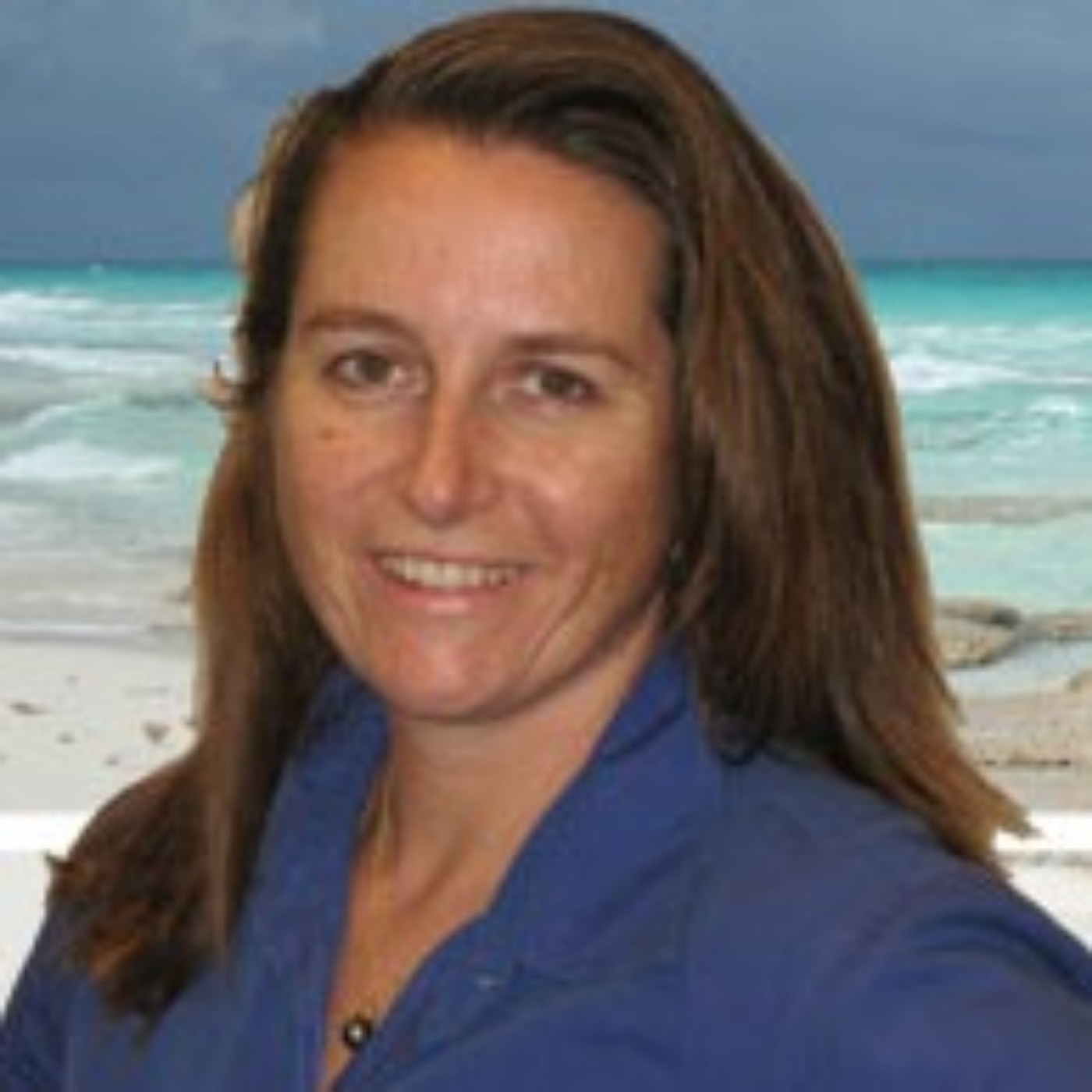- Health
- SEE MORE
- classical
- general
- talk
- News
- Family
- Bürgerfunk
- pop
- Islam
- soul
- jazz
- Comedy
- humor
- wissenschaft
- opera
- baroque
- gesellschaft
- theater
- Local
- alternative
- electro
- rock
- rap
- lifestyle
- Music
- como
- RNE
- ballads
- greek
- Buddhism
- deportes
- christian
- Technology
- piano
- djs
- Dance
- dutch
- flamenco
- social
- hope
- christian rock
- academia
- afrique
- Business
- musique
- ελληνική-μουσική
- religion
- World radio
- Zarzuela
- travel
- World
- NFL
- media
- Art
- public
- Sports
- Gospel
- st.
- baptist
- Leisure
- Kids & Family
- musical
- club
- Culture
- Health & Fitness
- True Crime
- Fiction
- children
- Society & Culture
- TV & Film
- gold
- kunst
- música
- gay
- Natural
- a
- francais
- bach
- economics
- kultur
- evangelical
- tech
- Opinion
- Government
- gaming
- College
- technik
- History
- Jesus
- radio
- movies
- services
- Church
- podcast
- Education
- international
- Transportation
- Other
- kids
- podcasts
- philadelphia
- Noticias
- love
- sport
- Salud
- film
- and
- 4chan
- Disco
- Stories
- fashion
- Arts
- interviews
- hardstyle
- entertainment
- humour
- medieval
- literature
- alma
- Cultura
- video
- TV
- Science
- en
Microbe Mania Dr. Jamie Foster, Microbiology & Cell Science, University of Florida The Fascinating World of Microbes and All That They Do

b'
In this informative podcast, Jamie S. Foster, Ph.D., Microbiology & Cell Science, University of Florida, discusses the amazing mission of microbes.
Dr. Foster is interested in the community\\u2014the microbial community to be specific. Her advanced research program looks at the interaction between microbial communities and their adjacent or surrounding environments in an effort to fully grasp the molecular mechanisms that microbes use to adapt and respond to changing modifications within the environment.\\xa0
Dr. Foster states that her research introduces her to a wide variety of complex and interesting areas, including microbes that exist in squid, to select microbes that actually form rocks within the environment, and much more. As she states, almost all that we consume and interact with is the product of microbes when you really look deeply.
Remarkably, nearly ninety percent of the cells in our bodies are in fact microbial. The microbe expert discusses squid, one of her specialty areas of study, and goes into detail about the microbes that envelope them as they swim. And it is this \\u2018mutualistic symbiosis,\\u2019 in which a bacterium assists a host to capitalize abilities and successfully perform functions that are of particular interest to her.\\xa0
Dr. Foster discusses the selection process in organisms that makes adaptation possible. Bacteria will survive, or at least do everything within their abilities to maintain survival. She details how microbes utilize the selection process and how that is the foundation of evolution. She explains how selection pressure improves an organism\\u2019s ability to thrive and survive. Dr. Foster outlines the \\u2018competition experimentation\\u2019 that sometimes involves adding genes or taking away genes to study how it impacts fitness and the ability to colonize.
Further, Dr. Foster discusses their work with microbes in a space environment, in order to better grasp how immune systems of astronauts can possibly become compromised in space. And she provides an analysis of how beneficial microbes are very crucial under microgravity conditions. By observing how microbes interact and how they exist within their environment, Dr. Foster seeks to understand how complex microbial communities originated and how they have possibly evolved throughout history.